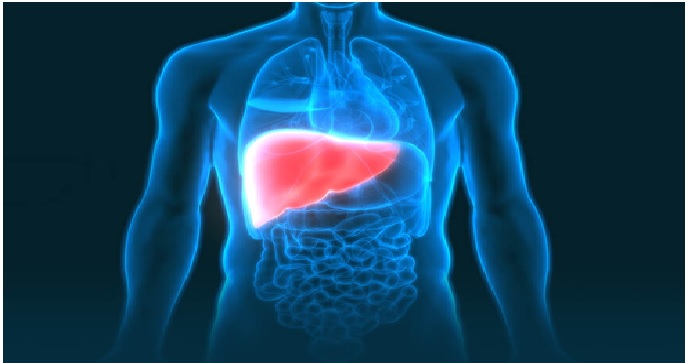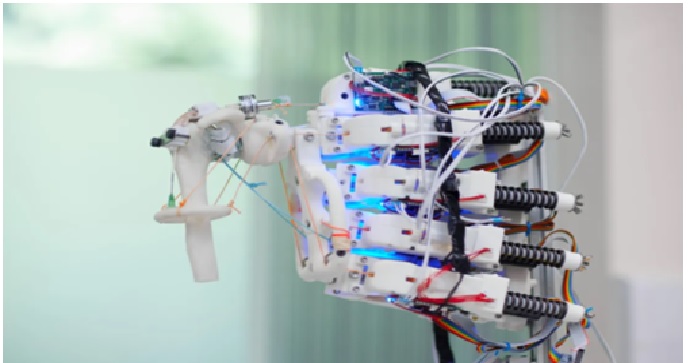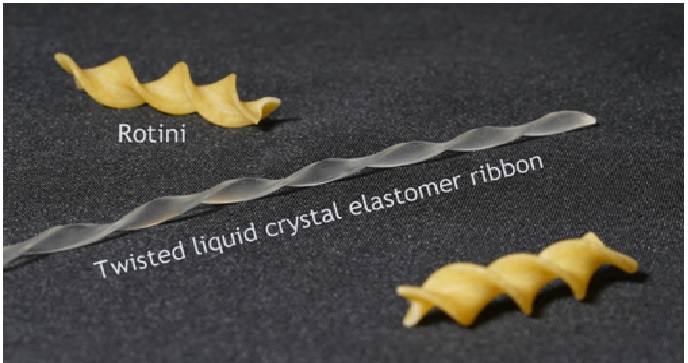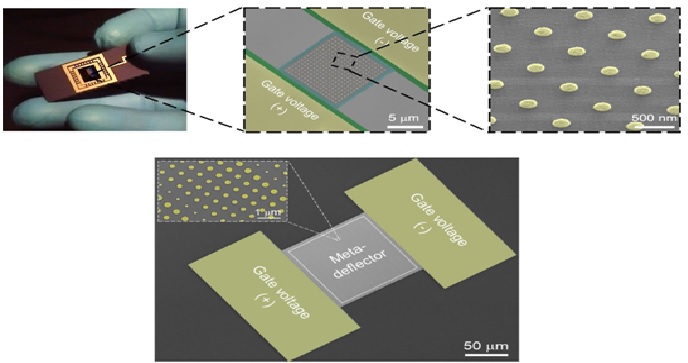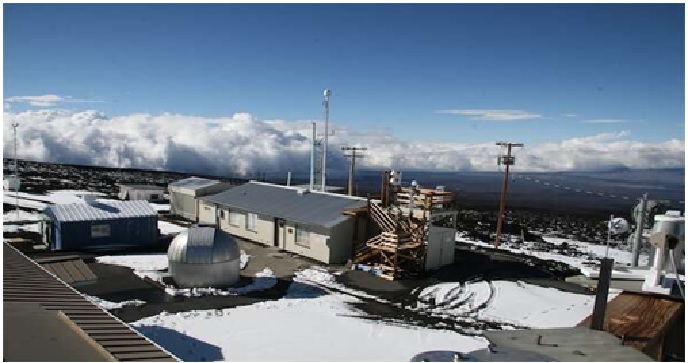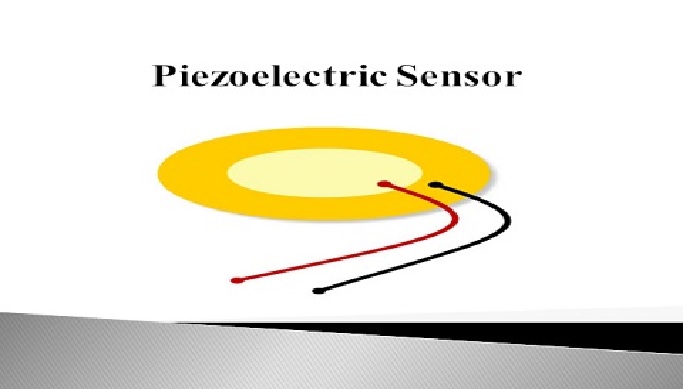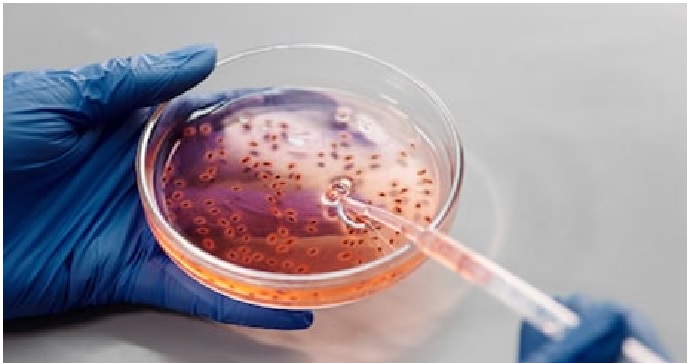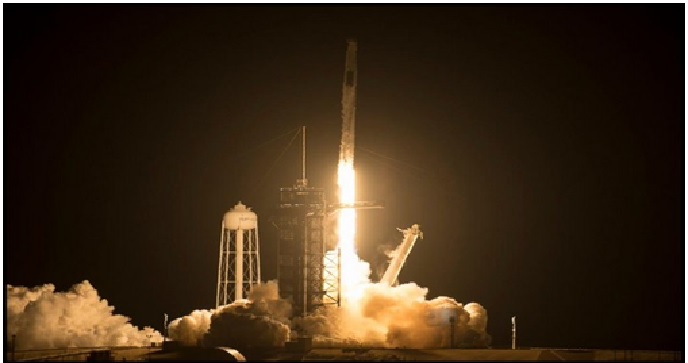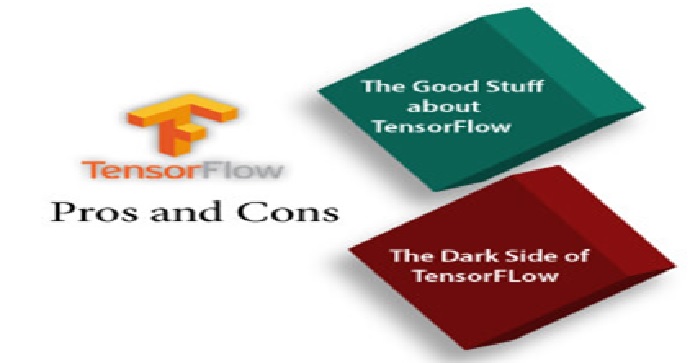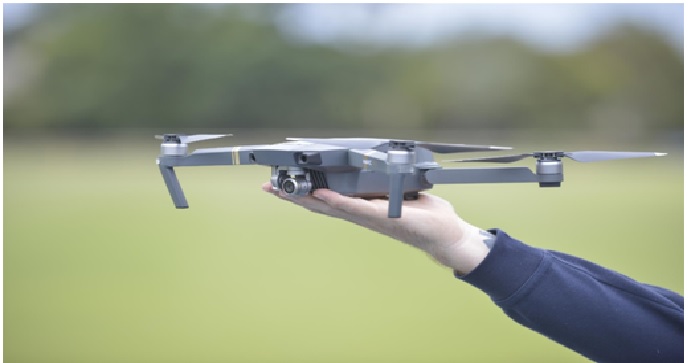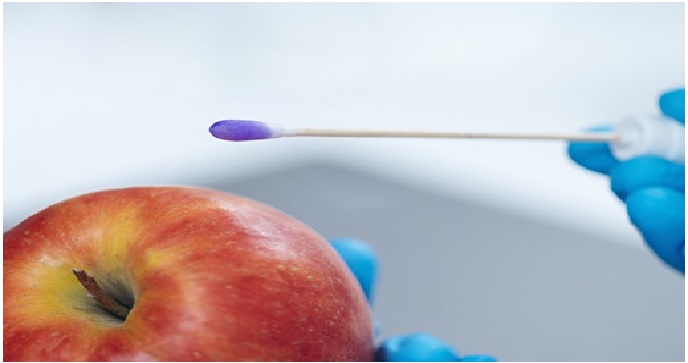Deep Visual Proteomics is Redefining Cancer Diagnostics
The researchers introduced Deep Visual Proteomics (DVP), a fusion of artificial intelligence (AI) for image analysis and mass spectrometry (MS) for proteomic profiling of biological samples.
Current proteomic analysis techniques are limited in their ability to image tissues at single-cell resolution and usually target a pre-selected subset of the protein, which is much smaller than the actual complex proteomic profile of cells and tissues. [1]
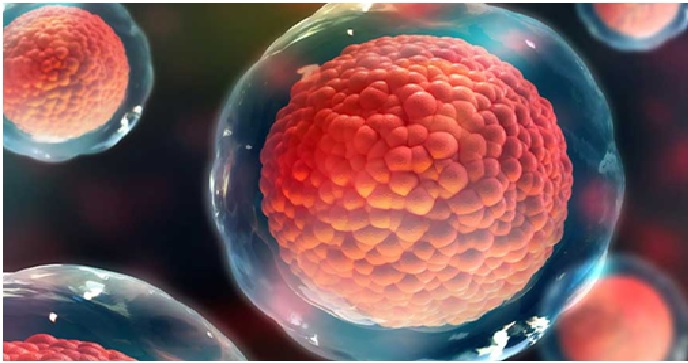
Figure 1. Deep visual proteomics is redefining cancer diagnostics
Figure 1 shows the researchers of this study reported that subcellular single-cell proteome analysis using DVP is a novel approach for proteome analysis.
Archived patient tissue samples were scanned using high-resolution microscopy and segmented using AI- and deep learning (DL)-based methods to enable the identification of cellular phenotypes by machine learning (ML) algorithms. ML-based phenotypic classification was combined with proteomic expression levels from immunofluorescence and immunohistochemistry (IHC) antibody staining for precise cell classification. [2]
In addition, fluorescent ubiquitination-based cell cycle indicator (FUCCI) U2OS cell lines stained with deoxyribonucleic acid (DNA) were analyzed and DVP was used to distinguish between normal and malignant cells. Principal component analysis (PCA) and gene set pathway enrichment analysis of cell proteomes identified by IHC were performed. [3]
Results
After data filtering, 3,653 protein groups were identified, of which 515 proteins were significantly enriched. DVP yielded 80 to 100 single cells and 250 to 300 nuclei for every cellular phenotype. LMD autonomously excised 1,250 high-resolution cell contours every hour, equivalent to 50 to 100 cells of every sample, with 200 nm accuracy.
The single-cell proteomic alterations detected with sub-cellular resolution could be used as biomarkers to differentiate between health and disease and therapeutic targets. The protein signatures identified by DVP could provide valuable insights into the molecular alterations in disease states. [4]
References:
- https://goalz.online/deep-visual-proteomics-is-redefining-cancer-diagnostics/
- https://newsbeezer.com/zimbabwe/deep-visual-proteomics-is-redefining-cancer-diagnostics/
- https://thewebserv.com/deep-visual-proteomics-is-redefining-cancer-diagnostics/
- https://www.news-medical.net/news/20220522/Deep-visual-proteomics-is-redefining-cancer-diagnostics.aspx
Cite this article:
Thanusri swetha J (2022), Deep Visual Proteomics is Redefining Cancer Diagnostics, AnaTechMaz, pp. 71


